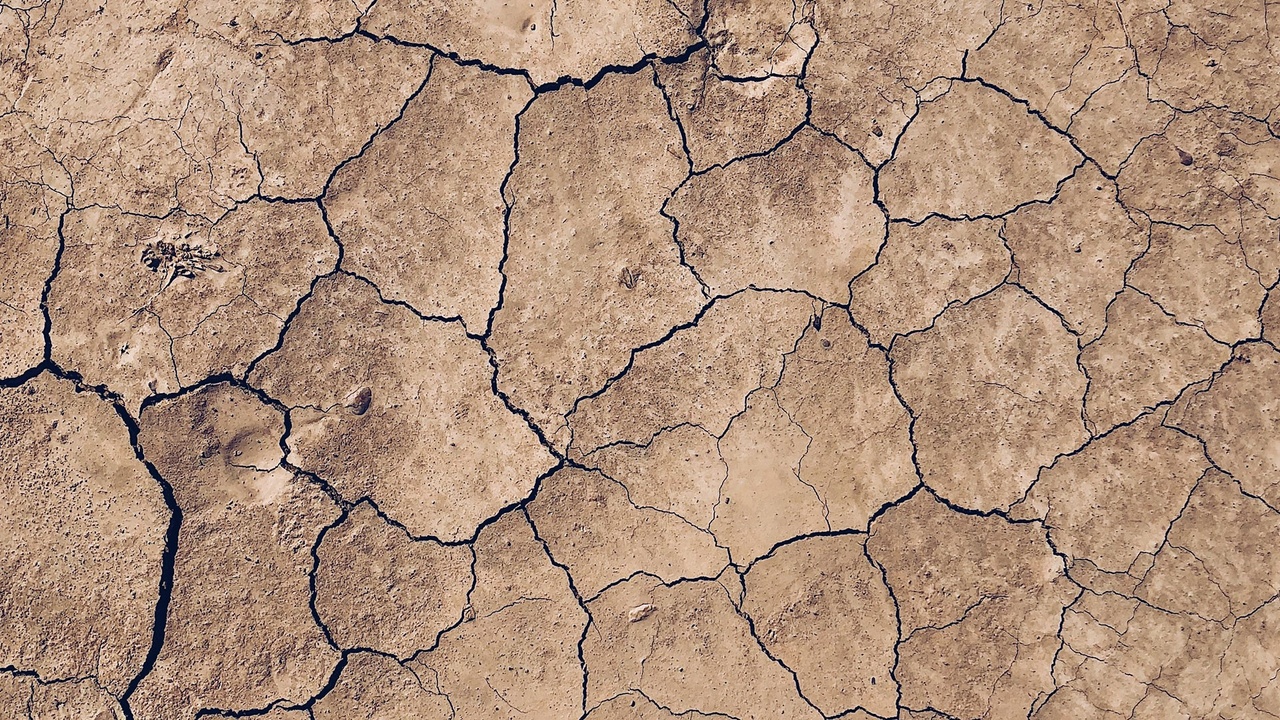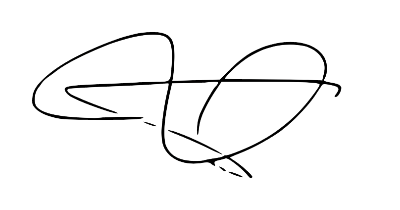Commusings: Eat Dirt by Jeff Krasno
Dec 04, 2021
Or, listen on Spotify
Hello Commune Community,
In love, include me,
Jeff

• • •
Eat Dirt
Building Your Psychological Immune System
Schuyler contends that she rarely falls ill because, as a kid, she ate so much dirt. If you were to visit her childhood home, you would understand her claim immediately. Long-forgotten dust bunnies garnish the creaky floorboards and elaborate cobwebs ornament the rafters. If you tried to bounce a dime on the bedsheets, it would likely vanish into the black hole of a crusty paisley comforter from the ’80s. The abundance of love radiating through that old wooden house is matched only by the utter dearth of cleaning products.
While the copious consumption of dirt itself might not ward off disease, the ingestion of bounteous microbes that reveled in the bacterial bordello that was Schuyler’s home may well have contributed to her sturdy composition.
There is increasing evidence from scientific studies that support the “hygiene hypothesis.” This theory posits that disease, especially auto-immune conditions, are more common in the “developed” world because of the prevalence of antibacterials (and antibiotics) that reduce children’s contact with microbes. In short, one builds one’s biological immune system through low-grade exposure to bacteria and viruses. Of course, many vaccines leverage this very science. The chickenpox vaccine, for example, contains an attenuated virus that gives its recipient a diminutive viral load. In turn, the body produces antibodies that are subsequently on call to fight off a naturally occurring varicella viral infection.
The great Stoics would argue that the same logic is applicable to the health of your psychological immune system.
Stoicism, a philosophy of personal ethics founded by Zeno of Citium in the 3rd century BC, celebrated the development of resilience through subjection to adversity. Exposure to insult and ridicule built up mental resistance such that, in the face of it, one becomes indifferent – like being exposed to chickenpox while possessing immunity. The ancient Greeks dubbed this quality of character “euthymia,” a state of unflappable positivity that emerges from living calmly and steadily and being undisturbed by fear or offense.
The celebrated Stoic and emperor of Rome, Marcus Aurelius, wrote, “Be like the rock that the waves keep crashing over. It stands unmoved and the raging of the sea falls still around it.”
I have an admittedly annoying practice, not patently Stoic, that I employ in stressful traffic situations. When someone lays into their horn (generally because I am driving too sluggishly), I let their car sidle up next to me. Then, with exaggerated animation, I waive at them gleefully as if their honking had indicated that they recognized me from somewhere. This action most always elicits total confusion and douses the fire of road rage.
Given that I host a podcast and write voluminously (often addressing sensitive cultural issues), I have begun to expect salvos of negative, occasionally hostile, comments and messages. During the summer of 2020, fuses were understandably short. The elixir of COVID and the reckoning for social justice had reached a boiling point. I don’t claim to be completely impervious to harsh criticism, but I began to look forward to negative feedback as a psychological challenge. I would eagerly await moral censure to crest the bow of my inbox. And, inevitably, it did.
Upon receipt of disparagement, I would kindly invite my detractors to join me on a Zoom. This yielded similar results to my road rage technique, flummoxing most folks into retreat. However, approximately fifteen brave souls took me up on my offer. As soon as we were two-dimensionally face to face, tempers were tempered and daggers dulled. It’s hard to hate up close. Mostly, people just want to be heard. In the end, I made a bunch of new frenemies and my temperamental immunity ratcheted up slowly week after week.
Seneca wrote, “To bear trials with a calm mind robs misfortune of its strength and burden.”
The best strategy for disarming an insult is to be unaffected by it. Someone may attempt to belittle you or convince you that you are inadequate. If you simply let it slide right off of you, you pilfer their power. And, in their impotency, they will have little choice but to cease their behavior.
It is a provocative thought experiment to apply this logic to hate speech. If we indifferently and equanimously “let the haters hate,” how long would they scream into the wind before collapsing in exhaustion? But, maybe in a society uninoculated to hatred, odium spreads? There is a good-natured debate to be had here with regards to censorship.
The practice of euthymia undoubtedly holds significant utility in this day and age. If you are on Facebook or Twitter, you don’t have to look hard to witness the exchange of invidious barbs and ad hominem attacks. There always seems to be someone cutting you down to size, doubting your abilities or belittling your opinions.
Aurelius counseled, “If you are distressed by anything external, the pain is not due to the thing itself but to your estimate of it; and this you have the power to revoke at any moment.” And, “the best revenge is to be unlike him who performed the injury.”
If you seek a state of internal calm and contentment, if you aspire to be resilient in the face of adversity, if you are searching for an opportunity for personal growth, consider this practice:
Eat some dirt.
Leading teachers, life-changing courses...
Your path to a happier, healthier life
Get access to our library of over 100 courses on health and nutrition, spirituality, creativity, breathwork and meditation, relationships, personal growth, sustainability, social impact and leadership.
Stay connected with Commune
Receive our weekly Commusings newsletter + free course announcements!


